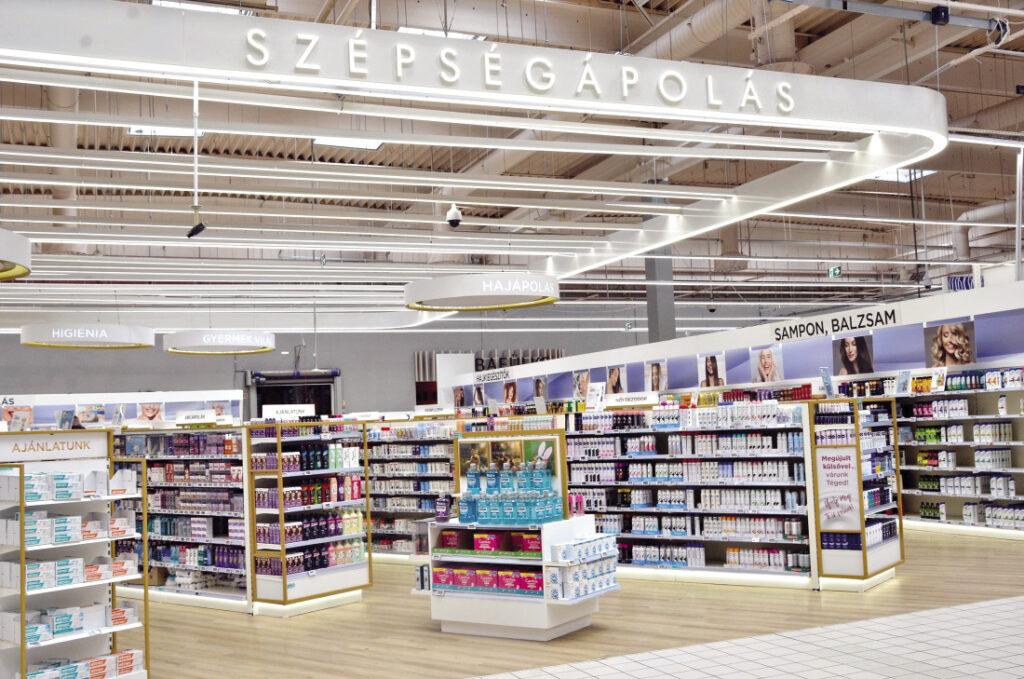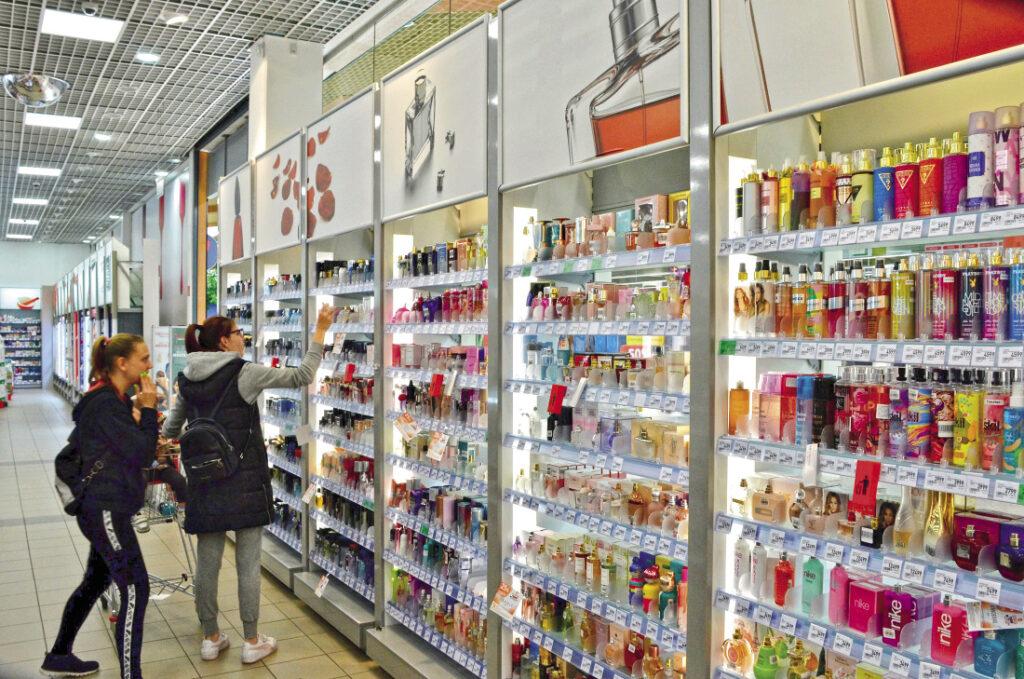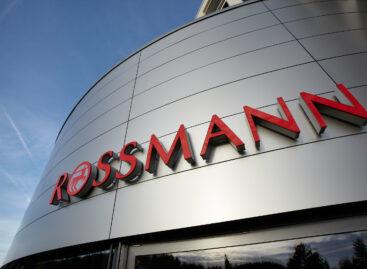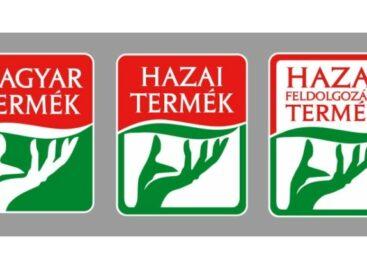Beauty care travels at breakneck speed
Beauty care is one of the fastest growing markets in the FMCG sector. Within beauty care, there are many rapidly evolving segments such as face and body care, make-up, hair care, antiperspirants and deodorants. Plus there is now more attention paid to products developed for specific needs – hypoallergenic, vegan or even eco-friendly formulas.
This article is available for reading in Trade magazin 2024/5
Changing trends and new target groups
We can observe the emergence of health-consciousness in the beauty industry. Consumers are becoming more aware of product components, avoiding harmful additives and synthetic ingredients. As a result, the market for natural, organic and vegan products is growing fast, and companies are trying to satisfy this demand by introducing new, innovative formulas and technologies. The spread of the DIY culture has also generated changes in the beauty industry. People are now interested in making their own beauty products, using natural and simple ingredients. Men’s beauty care is receiving more attention than before, and demographic changes and the specific needs of different consumer groups are opening up new dimensions for the beauty industry. For instance the active participation of older generations in the market is encouraging brands to develop products that specifically address the needs of more mature skin.

The specific needs of different consumer groups open up new dimensions for the beauty industry
Sustainability comes first
Sustainability isn’t simply a trend in the beauty industry, but an expectation from consumers. The need for environmentally conscious packaging and the use of natural ingredients is becoming prominent. Companies need to bear sustainability in mind not only in product development, but throughout the entire product chain. Reducing the ecological footprint and environmental awareness have also become important. Consumers increasingly prefer brands that respect and actively participate in protecting the planet. “Green” beauty care isn’t just a trend, but a new norm that is shaping the entire industry.
Digitalisation is the future
The digital age has also brought new challenges and opportunities for the beauty industry. Social media and influencer marketing have changed the way brands and products are promoted, together with consumer expectations. Digital tools and data analytics are making it possible for companies to better understand their customers and make personalised offers in the market. Innovation is a key driver in the beauty industry. New technologies such as biotechnology, nanotechnology and digital tools contribute to the development of new product formulas and treatment methods.
Cutting-edge technologies at your fingertips
In the future further changes in the beauty industry could include the wider use of advances in biotechnology and synthetic biology. These technologies will open up new possibilities for the development of active ingredients, allowing products to be more effective without having a detrimental impact on human health or the environment. One of the most interesting trends shaping the future of the beauty industry is the progress made in genetics and personalised beauty care. Thanks to genetic testing and biotechnology, more and more companies are offering personalised skin care and beauty solutions. //
Fragrances gain momentum
In Hungary the fragrance category grew at a similar rate in 2023 in both value and volume.
“The beginning of the year was marked by moderate growth in our drugstores, but thanks to the activities in the last 4 months of the year, we can look back on a very successful year. Fortunately, the first months of 2024 haven’t slowed down this momentum”,
says Hajnalka Horváth-Tokaji, senior category manager of Rossmann Magyarország Kft.

Perfume represents an expressly drugstore-specific category
She calls attention to the fact that perfume is a drugstore-specific product group. Basically the same brands are found at the top of the perfumes ranking as in previous years – customers are loyal to brands and their fragrances. Products smaller than 50ml still account for more than 50% of sales, but sales of larger sizes have grown the most dynamically year on year. //
Related news
Data-driven carbon footprint reduction in practice: measurement and compensation at SPAR’s key events
🎧 Hallgasd a cikket: Lejátszás Szünet Folytatás Leállítás Nyelv: Auto…
Read more >There is no circular breakthrough without a strategy – survey on the domestic state of the circular economy
🎧 Hallgasd a cikket: Lejátszás Szünet Folytatás Leállítás Nyelv: Auto…
Read more >Rossmann to launch online pharmacy in Germany
🎧 Hallgasd a cikket: Lejátszás Szünet Folytatás Leállítás Nyelv: Auto…
Read more >Related news
KSH: The volume of exports of food, beverages and tobacco increased by 6.8 percent, while imports increased by 9.8 percent
🎧 Hallgasd a cikket: Lejátszás Szünet Folytatás Leállítás Nyelv: Auto…
Read more >Almost 6 thousand products now bear the 20-year-old Hungarian Product trademark
🎧 Hallgasd a cikket: Lejátszás Szünet Folytatás Leállítás Nyelv: Auto…
Read more >Food industry sales prices increased by 2.4 percent
🎧 Hallgasd a cikket: Lejátszás Szünet Folytatás Leállítás Nyelv: Auto…
Read more >







